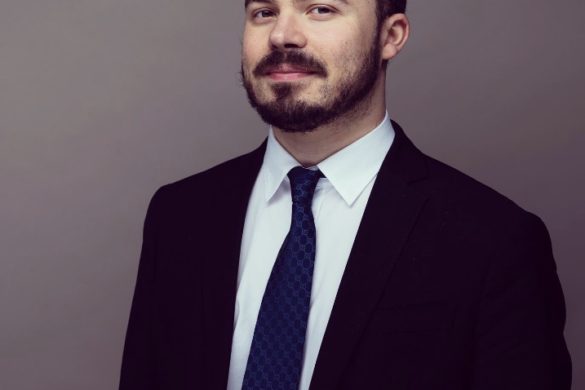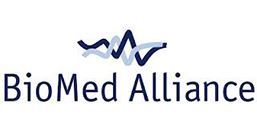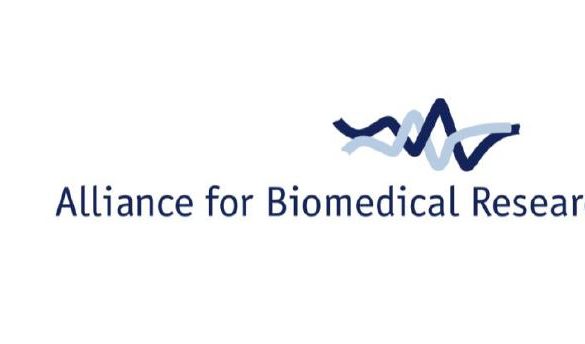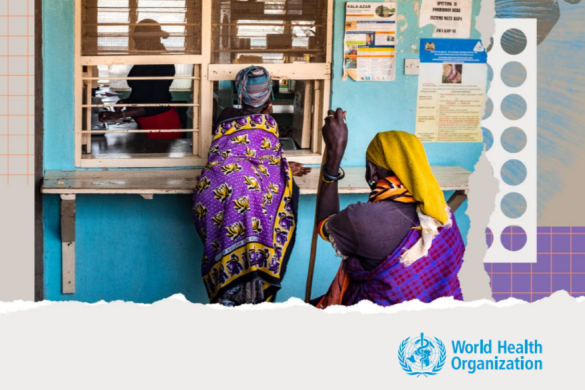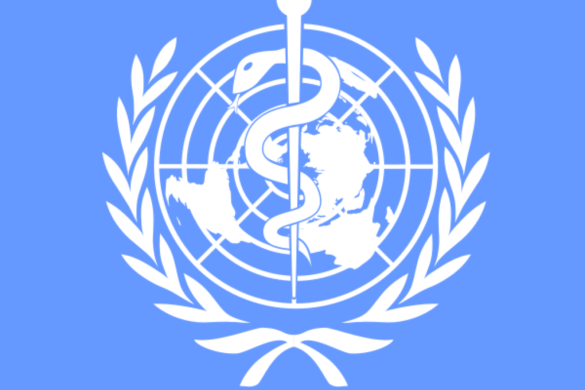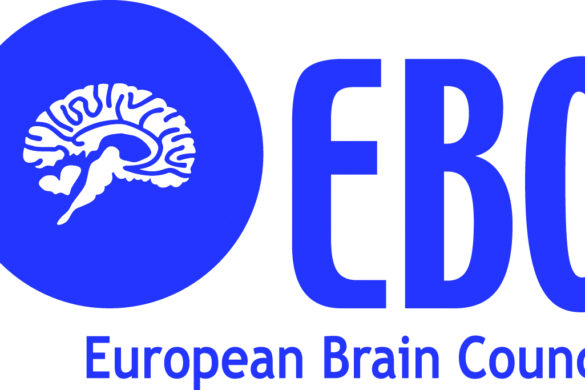European elections: developments in EU institutions Even though summer has arrived in Brussels, activities have not slowed down at EU level and there have been significant changes in leadership announced. Below is an overview of the main developments in the ‘EU Bubble’ following the EU Elections of last May.
Member states and the European Parliament have approved the future European Commission President. Ursula von der Leyen (EPP, German) was previously the German defense minister and will lead the European Commission for the next 5 Years. She has extensive experience in German politics and holds a medical degree. She will also be the first female Commission President.
The European Council has elected a new president-elect, Charles Michel (Renew Europe, Belgian). He was the Belgian Prime Minister until recently and will take over the lead of the Council from Donald Tusk.
The European Parliament has also elected its own future president and appointed vice-presidents and committee chairs. The next president is David Maria Sassoli (S&D, Italian) and he will lead the EP until January 2022.
Chairs of the different committees have also been appointed.
The Environment, Public Health and Food Safety (ENVI) Committee will be chaired by Pascal Canfin (Renew Europe, French).
The new chair of the Industry, Research and Energy (ITRE) Committee is Adina-Ioana Vălean (EPP, Romanian).
The Finnish Presidency has now officially taken up its role to preside Council of the EU meetings as part of the rotating presidency. The presidency will plan and chair meetings in the Council and represent the Council in relations with other institutions. In January 2020 it will pass on the baton to Croatia.




